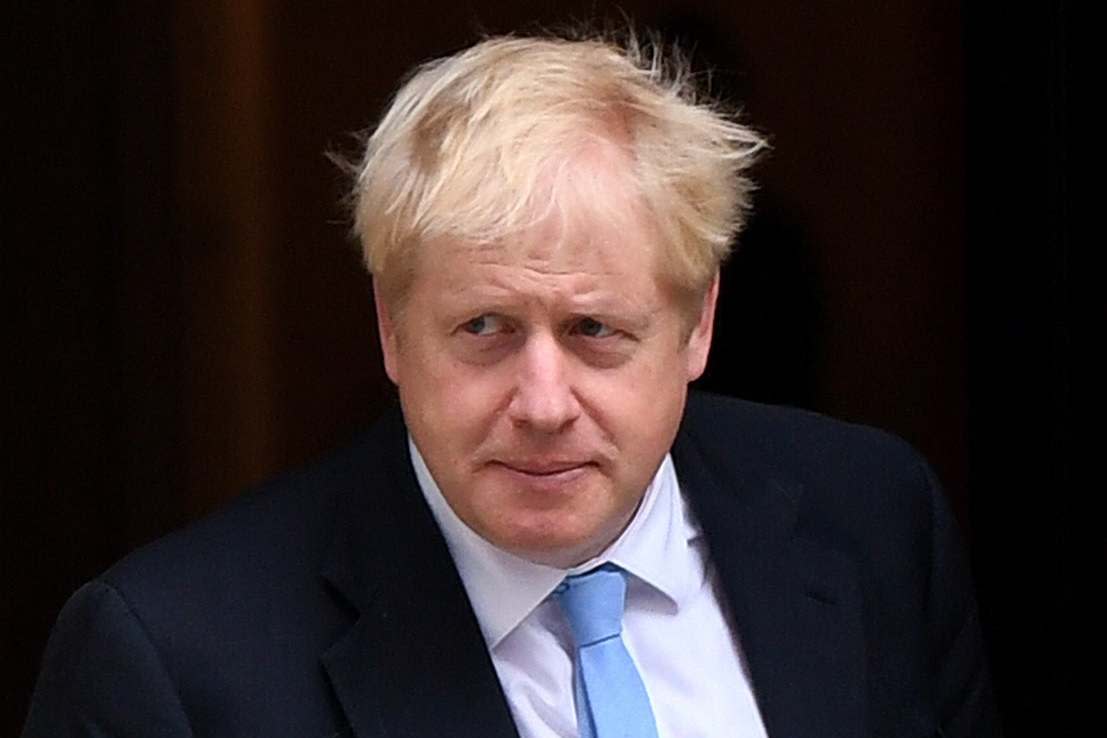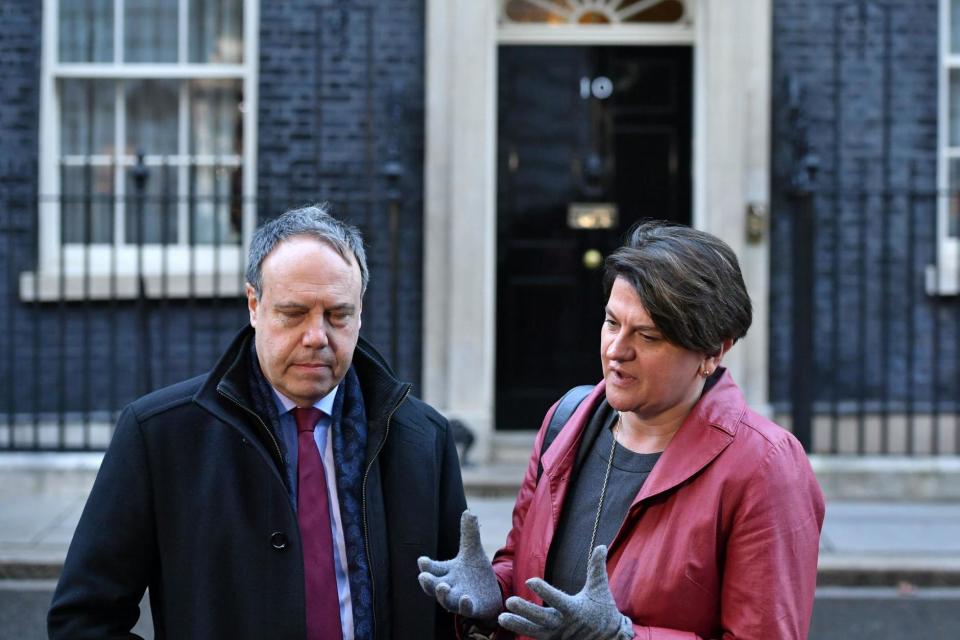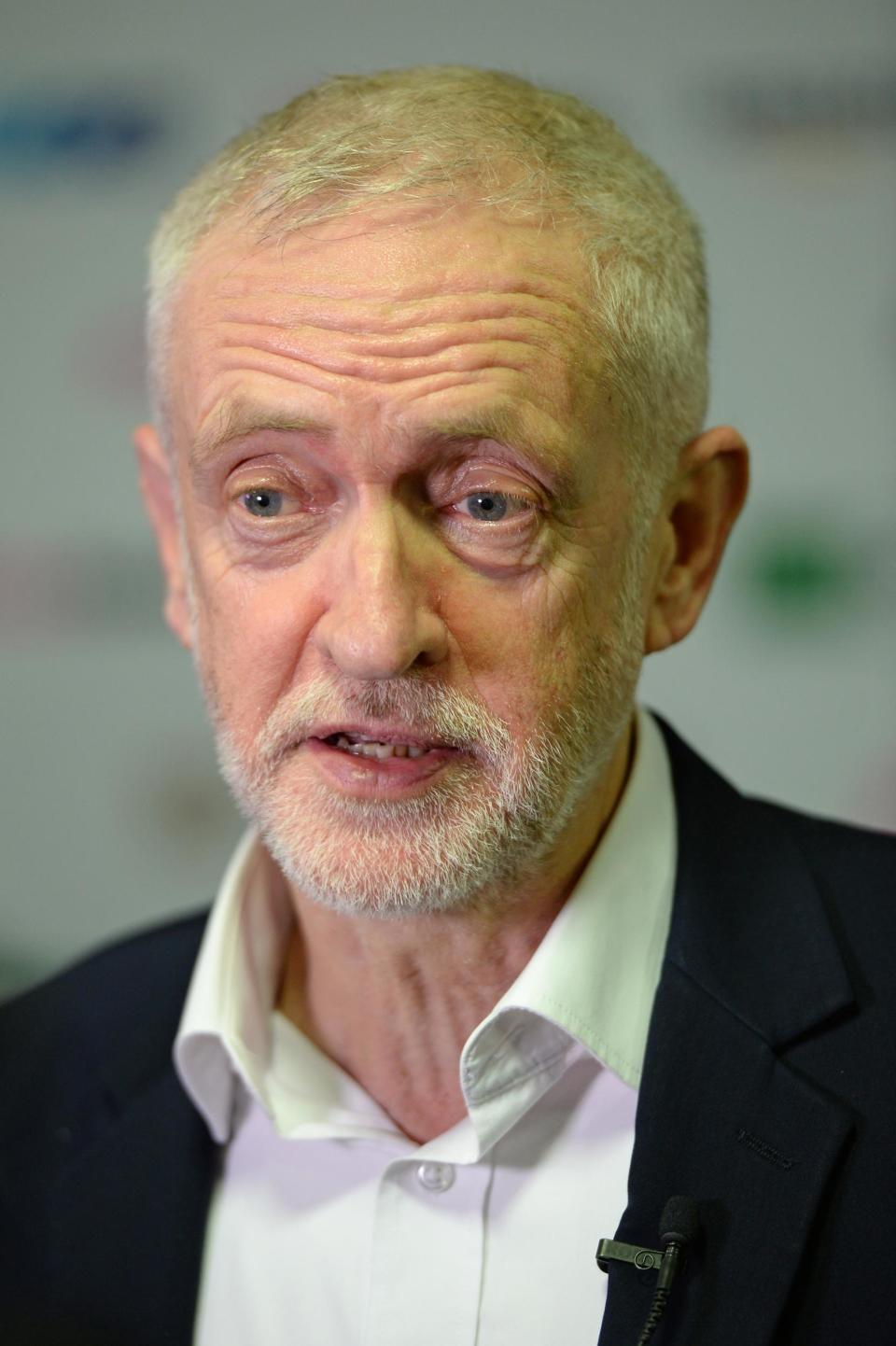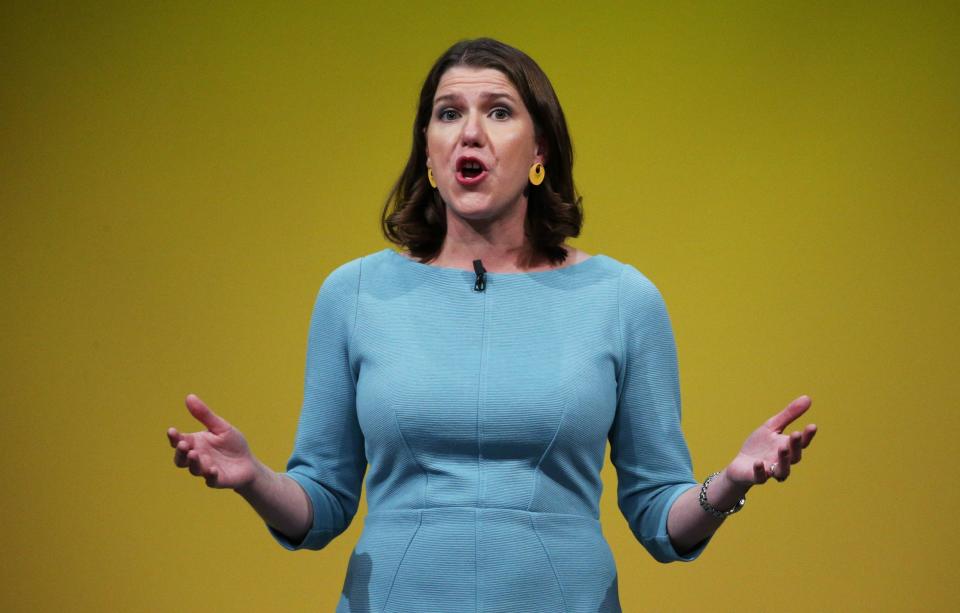Brexit agreement: The reaction to the UK and EU announcing new deal

Further hurdles instantly appeared for Boris Johnson after he announced his "great new deal" between Britain and the EU over Brexit.
The PM has been battling for a new agreement, to supercede the one made by his predecessor Theresa May, and negotiators settled on one today.
However, the reaction from those who were not around the table for discussions has been split.
The DUP, which props up the PM's Government in a confidence and supply agreement, have said they are not going to back it.
That means, should all its MPs agree to veto it, 10 votes already against the PM's deal.
Given the Parliamentary arithmetic he will need a number of opposition MPs to back him for it to pass, so the loss of allies further weakens his standing in the Commons.
The DUP won't support it
The DUP said an earlier statement, which said it could not support what the Government had agreed, still stood.
Leader Arlene Foster and deputy leader Nigel Dodds said in a statement "customs and consent issues" meant it would not get the party's support.

This added: "As things stand, we could not support what is being suggested on customs and consent issues, and there is a lack of clarity on VAT (value-added tax).
"We will continue to work with the Government to try and get a sensible deal that works for Northern Ireland and protects the economic and constitutional integrity of the United Kingdom."
Mrs May's failed to pass her withdrawal agreement, which was voted down multiple times, without DUP support.
Corbyn calls it 'worse than May's deal'
The Labour Party looks set to reject the deal, if Jeremy Corbyn has his way.
He's blasted the new plan and said it is worse than the previous deal.

In a statement, he said: “From what we know, it seems the Prime Minister has negotiated an even worse deal than Theresa May’s, which was overwhelmingly rejected.
“These proposals risk triggering a race to the bottom on rights and protections: putting food safety at risk, cutting environmental standards and workers’ rights, and opening up our NHS to a takeover by US private corporations.
“This sell out deal won’t bring the country together and should be rejected. The best way to get Brexit sorted is to give the people the final say in a public vote.”
The Lib Dems are still going to fight Brexit
Swinson, leader of the Liberal Democrats, said the PM’s deal would be “bad for our economy” and said her party would continue to push for a second referendum.
“The fight to stop Brexit is far from over,” she said.

“Boris Johnson’s deal would be bad for our economy, bad for our public services, and bad for our environment.
“The next few days will set the direction of our country for generations, and I am more determined than ever to stop Brexit.
“When this deal comes to Parliament we will use every possible opportunity to give the public a ‘people’s vote’ on the Brexit deal that includes the option to remain in the European Union.”
EU Brexit leaders will push for the bloc to back it
EU Commission President Jean-Claude Juncker tweeted: “Where there is a will, there is a #deal – we have one! It’s a fair and balanced agreement for the EU and the UK and it is testament to our commitment to find solutions. I recommend that #EUCO endorses this deal.”
In a letter to European Council President Donald Tusk, Mr Juncker wrote: “While I deeply regret the outcome of the referendum of 23 June 2016, I continue to believe that the European Union is best served by an orderly and amicable withdrawal of the United Kingdom from our Union.
“Our hand should always remain outstretched as the United Kingdom will remain a key partner of the European Union in the future.
“However, the ratification of the Withdrawal Agreement has proven difficult in the United Kingdom. In order to help the United Kingdom’s Prime Minister secure the necessary majority in the House of Commons, discussions with the United Kingdom resumed in early September this year.
“As regards the Withdrawal Agreement itself: negotiations focused on the Protocol on Ireland/Northern Ireland and sought to identify a mutually satisfactory solution to address the specific circumstances on the island of Ireland.”
Other political players
PM @BorisJohnson has negotiated a new deal – this ensures that we take back control. Let's #GetBrexitDone 🇬🇧 pic.twitter.com/HWVS6r0aAe
— Steve Barclay MP (@SteveBarclay)
No amount of green rhetoric from Ministers can make up for this giant loophole in #EnvironmentBill - yet more evidence that we cannot trust this Government to take the urgent action we so desperately need to protect our precious natural environment and address the climate crisis https://t.co/0m17dPzyN7
— Caroline Lucas (@CarolineLucas)
Looking forward to striking new trade agreements. Let's back the PM and get the deal done. 💪🇬🇧 https://t.co/XG2bfWGHB2
— Liz Truss (@trussliz)
Now is the moment to come together - back this new deal - and then let’s move forward https://t.co/SQlUfw1rYz
— Matt Hancock (@MattHancock)

 Yahoo News
Yahoo News 
